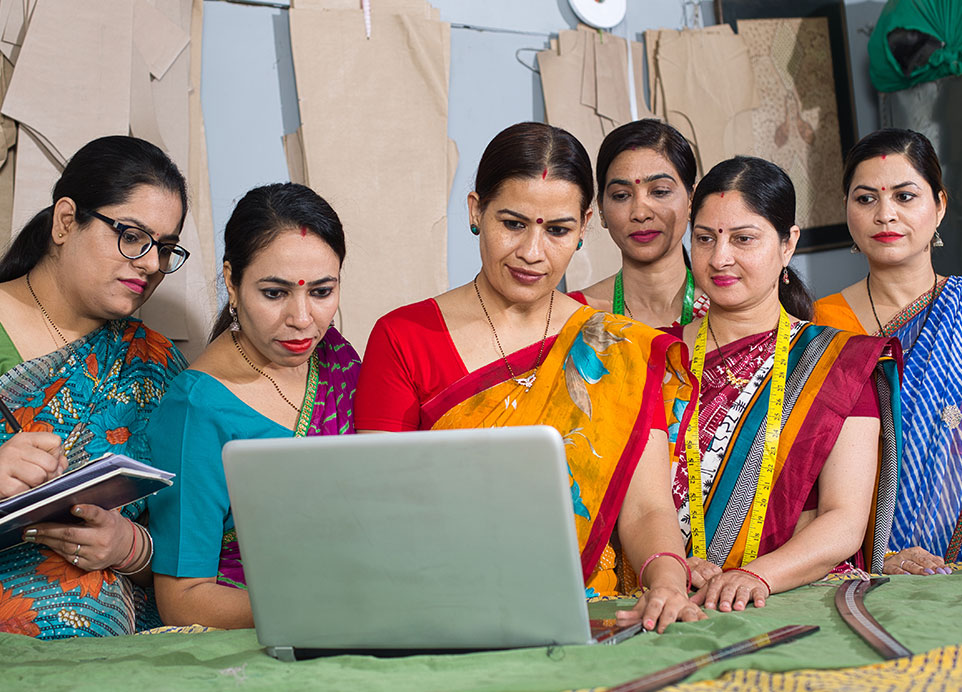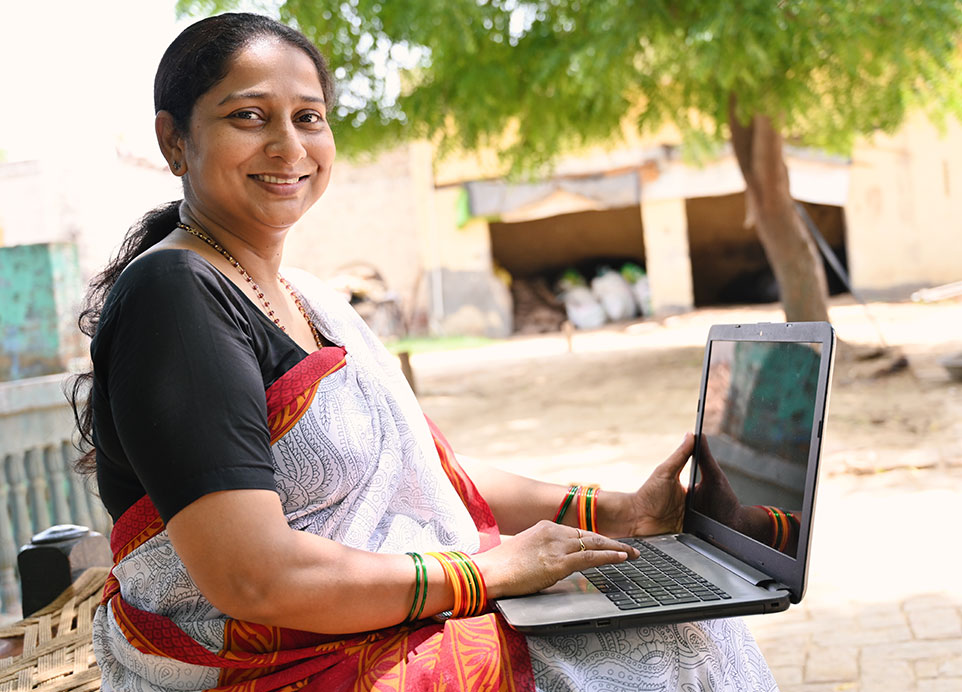

Across the country, Flipkart employs over 2 lakh people across its supply chain and works with over 1 lakh Kirana partners for last-mile delivery, thereby generating large-scale employment and entrepreneurship opportunities, particularly in rural areas


Through training and services in technical and soft skills, the Foundation aims to create new businesses and increase rural youth employment, all of which will contribute to the creation of new jobs, thereby accelerating the socio-economic development of the local community.
National economies are becoming increasingly globalised, and competition is intensifying at an unprecedented rate. In such a scenario, mobilising and transforming marginalised sections of society into skilled individuals is becoming critical. Flipkart Foundation is committed to supporting inclusive skill development and vocational training to enable meaningful employment and improve India’s skill landscape.
In support of these efforts, and to increase the number of employable individuals, Flipkart has announced an MoU with the Logistics Skill Sector Council (LSC), an organisation set up by the Ministry of Skill Development and Entrepreneurship (MSDE) through the National Skill Development Corporation of India (NSDC) and Karnataka Skill Development Centre (KSDC).

The Foundation is committed to effecting social change by creating an enabling environment to ensure equal opportunities, equity, social justice and empowerment of rural communities, marginalised sections of the society, women, differently-abled and third gender. Towards this, the Foundation will look to empower the community through digital skilling and financial literacy, aiming to bridge the rural-urban digital divide, address social constraints and achieve financial freedom to pursue their aspirations. The Foundation driven skill development programs will aim at providing 2 to 4 months of basic skilling for people with disabilities, transgenders, women and others.

While access to telecommunications in India has grown exponentially over the past two decades, equitable access to mobile and internet services continues to be a challenge, especially in the rural areas of the country. The large urban-rural digital divide in India is fuelled by social and financial constraints that inhibit access to technology-driven information and services, especially financial inclusion. This especially affects the marginalized groups, such as women, people with disabilities, and the third gender, keeping them deprived of the benefits of digitization and financial freedom.
The Foundation intends to drive programs that promote digital skill development and financial literacy through identified community members as trainers, in rural communities across India. These programs will not only support improvement in digital skills but will also lead to empowerment and livelihood enhancement.

Environment and social responsibility have become important concerns on a global scale, with a pressing need to promote sustainable consumption and production. The Flipkart Foundation has aligned itself with this global and national agenda of creating a more sustainable and responsible future by combining social and behavioural communication strategies with a technology-enabled user interface. These activities aim to raise awareness among the general public and guide responsible action on issues such as recycling and e-waste management, using green recycled material in business operations, and promoting responsible tourism, among other things.

Gender inequality, feelings of deprivation among various classes such as cultivators, industrial workers, and daily wage earners, changes in property relations in favour of the less privileged, and the impact of macro policies on micro levels are some of the current issues that require immediate intervention when working with communities.
In line with the targets identified by the GoI for community-level development, the Foundation will focus on driving community-centric programs to enhance access to education, health & nutrition, improved infrastructure, as well as improvements in agriculture and related domains, with a special focus on vulnerable groups such as women and children
